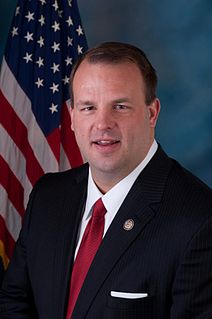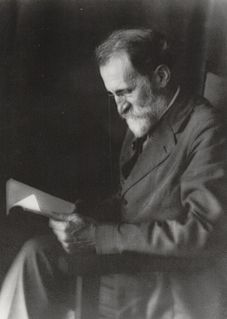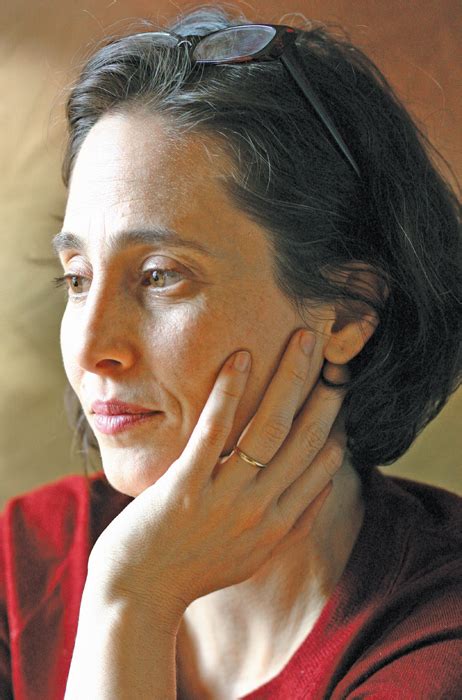A Quote by Robin McKinley
Yes, I am letting my own experience color my answer, which is what experience is for.
Related Quotes
By inner experience I understand that which one usually calls mystical experience: the states of ecstasy, of rapture, at least of meditated emotion. But I am thinking less of confessional experience, to which one has had to adhere up to now, that of an experience laid bare, free of ties, even of an origin, of any confession whatever. This is why I don't like the word mystical.
I do think it's possible for me to go back to the studio, and for a lot of women filmmakers to be going back into studio filmmaking with a different sense of their own agency, and a different sense of the respect that they can command. When you asked the question about whether women want to be making big studio movies, the answer is almost always yes. It's just, how do they want to be treated? What is that experience going to be? And if you know the experience is gonna be shitty going into it, I personally am at a place where I'm not willing to punish myself any longer.
Many audiences all over the world will answer positively from their own experience that they have seen the face of the invisible through an experience on the stage that transcended their experience in life. They will maintain that Oedipus or Berenice or Hamlet or The Three Sisters performed with beauty and with love fires the spirit and gives them a reminder that daily drabness is not necessarily all.
To know whether you can trust a particular intuitive judgment, there are two questions you should ask: Is the environment in which the judgment is made sufficiently regular to enable predictions from the available evidence? The answer is yes for diagnosticians, no for stock pickers. Do the professionals have an adequate opportunity to learn the cues and the regularities? The answer here depends on the professionals' experience and on the quality and speed with which they discover their mistakes.
The unconscious is the only available source of religious experience. This in certainly not to say that what we call the unconscious is identical with God or is set up in his place. It is simply the medium from which religious experience seems to flow. As to what the further cause of such experience might be, the answer to this lies beyond the range of human knowledge.
Real meditation is not about mastering a technique; it’s about letting go of control. This is meditation. Anything else is actually a form of concentration. Meditation and concentration are two different things. Concentration is a discipline; concentration is a way in which we are actually directing or guiding or controlling our experience. Meditation is letting go of control, letting go of guiding our experience in any way whatsoever. The foundation of True Meditation is that we are letting go of control.
Experience is, for me, the highest authority. The touchstone of validity is my own experience. No other person's ideas, and none of my own ideas, are as authoritative as my experience. It is to experience that I must return again and again, to discover a closer approximation to truth as it is in the process of becoming me.
We can each sit and wait to die, from the very day of our births. Those of us who do not do so, choose to ask - and to answer - the two questions that define every conscious creature: What do I want? and What will I do to get it? Which are, finally, only one question: What is my will? Caine teaches us that the answer is always found within our own experience; our lives provide the structure of the question, and a properly phrased question contains its own answer.



































